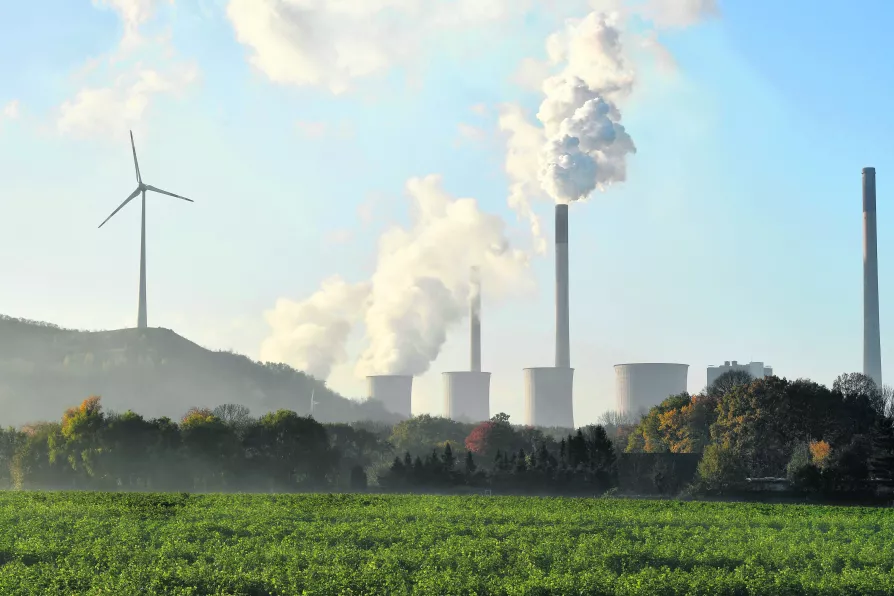As the RMT Health and Safety Conference takes place, the union is calling for urgent action on crisis of work-related stress, understaffing and the growing threat of workplace assaults. RMT leader EDDIE DEMPSEY explains


IN ITS Powering Ahead economic report in 2016, the TUC stated that: “The TUC, like the government, believes the UK’s nuclear industry has a pivotal role to play in a future balanced energy policy.”
Since that report was published, support for nuclear power has been falling away as renewables provide increasingly cheap energy, while cost overruns, radioactive waste problems and faulty construction dog new build.
Companies are falling over themselves to offload their interests in nuclear power and the government itself has shown signs of backing off. Meanwhile, the Labour Party and TUC are committed to nuclear power, against all the evidence. Both need to review the evidence and reconsider their positions.

BRENT CUTLER welcomes a valuable contribution to discussions around the need to de-carbonise energy production

MARK JONES responds to issues raised in the recent report from Richard Hebbert on the Communist Party’s Congress debate on nuclear power

The Communist Party of Britain’s Congress last month debated a resolution on ending opposition to all nuclear power in light of technological advances and the climate crisis. RICHARD HEBBERT explains why












